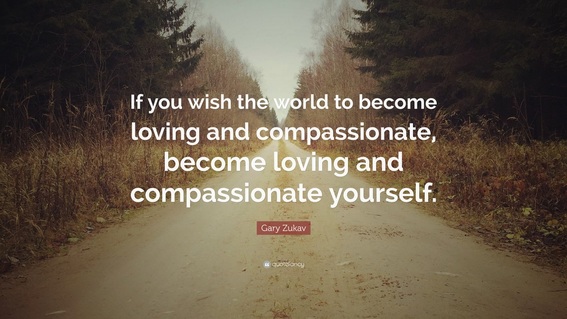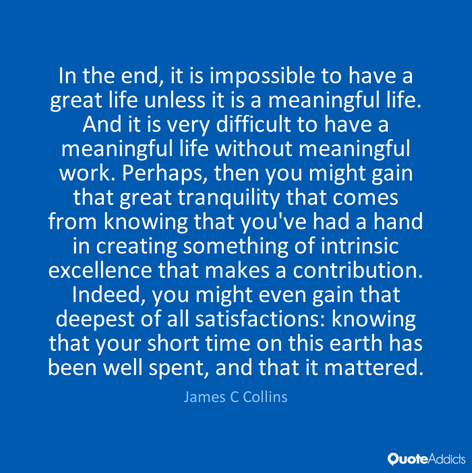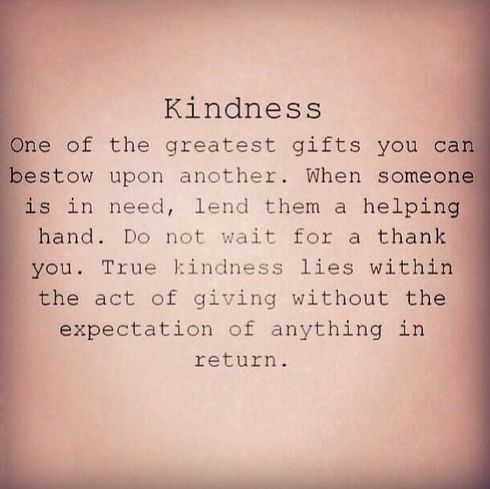I bring up this crucial quote to set the premise for this month’s sentiment. Why do we teach music in our schools? Why is music basic to our civilization and considered a core class? (Goals 2000: Educate America Act, Clinton Administration)
From the earliest times in human civilization after music was found to serve purposes in distant tribal communication, it then became the core of many sacred and religious rituals. Later, music became relevant within societal systems for celebration, and by adding crafted, authentic tribal instruments to the manipulation of vocal chants (call) and responses, music was converted into entertainment, cementing itself into the psyche of release. Within a short amount of time, music was referred to as ‘rational medicine,’ playing roles in healing, religious rites, and helping the emotionally disturbed. In the medieval and renaissance periods it served as a remedy for ‘melancholy’ people, or what we know to be depression (and madness) today. Music was prescribed as ‘preventative medicine’ to enhance emotional health. We now know that music releases endorphins, which is the chemical in the brain that tells us we are happy. Current research proves that music is the only activity that activates both the left and right hemisphere of the brain, but not just that, it activates every region and nearly every subsystem, including the limbic system where we process emotions. Music is key to the human experience.
To a related point, you may have used a common phrase with your students or ensembles at one point or another: You get out of something what you put into it. Another version? You reap what you sow - nothing more, nothing less. Might it be possible that ensemble efficacy, alongside the opportunity for students to create meaningful connections through music, is being missed by none other than the director? Is it possible that the reason performances are void of emotive qualities is due to a lack of purposeful creativity?
What many directors fail to remember in delivering their curriculum is that music is not simply meant to be performed for scheduled concerts and festivals (a school vaccuum). Our curriculum, whether band, choir, or orchestra, is the vehicle used to teach students the art of humanity and character, and consequently (hopefully) inspires a life-long love and appreciation for music. Sharing music with others is vital to the human experience, but even more important that it serves a purpose for the greater good. Meaningful work begets a meaningful life, and as mentioned in Part 1, we all yearn to feel a sense of childlike wonder and profound connection to that which inspires deep growth in our essence. There is an inherent desire within our souls to be good and do good for others by means of our personality, but we must be given the choice. Of course students enjoy performing for family and friends at concerts; however, we are missing the bulls eye completely when not providing students an authentically empowered and intrinsic emotional experience by sharing our music in performance with those who may need it most in this world.
#music #musicians #musiceducators #soulfulmusicianship #musicservicelearning




 RSS Feed
RSS Feed